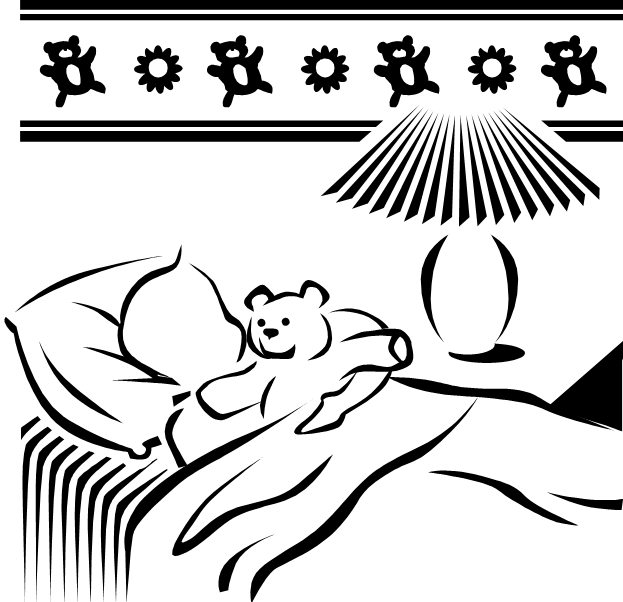Adults who have been abused as children and /or raped often experience distressing nightmares. The nightmares can include:
Direct re-creations of the abuse.
Children being harmed or killed.
Scenes of death and violence.
Being chased or otherwise assaulted.
Being humiliated or put in a powerless position.
The emotion attached to the nightmare is often one of absolute terror.
Nightmares are like flashbacks and sudden unpleasant memories in that they represent the abuse suddenly breaking through into awareness. They are very distressing and hard to get rid of. Whilst they are difficult to cope with, some guidance might be useful :
Make sure you've got some 'talking' help with the issue of the abuse. Being able to talk about the way sexual abuse has affected you with a trusted counsellor, support group, therapist, or friend should reduce the number and intensity of nightmares over time. Being able to share it seems to reduce the need for the abuse to 'break through' in the form of a nightmare.
Whilst they are terrifying, nightmares are also a painful part of healing. It is like the mind is remembering what happened and trying to make some sense of it.
Some people suggest that you can 'take charge' of your nightmare. In other words, turn the tables on whoever is attacking or abusing you during the nightmare. Whilst this may be possible in some cases it's certainly not true for everyone. Don't give yourself a hard time if this isn't true for you.
IF YOU WAKE UP IN A PANIC
Waking up panicking after a nightmare is a terrifying experience, so,
Be kind to yourself immediately afterwards. Make yourself comfortable. Take whatever relaxation measures work for you.
Try to remember that having the nightmare, as painful as it is, is part of remembering and healing.
Decide whether you need to be on your own right now.
It can be good to talk about how you are feeling. If you're with a partner who is willing to be woken then tell them what is happening and how you feel. Ask them for what support you need whether it's a cuddle or a cuppa.
If you're on your own, is there anyone you can ring to talk it through? Consider using the Samaritans if you're feeling desperate. Try to tell a supportive person as soon as is practical afterwards. Sharing the nightmare is a way of breaking the isolation and getting support with the terror of it.
Be gentle with yourself for the rest of the day. Be prepared for the nightmare to leave you feeling more vulnerable.
Nightmares are terrifying. When you experience such fear you can feel vulnerable. This does not make you weak or abnormal. Nightmares are an unpleasant part of the process of recovery. It takes courage and strength to experience them and reach out for support.
|
|
|
Adult survivors of childhood abuse and rape victims often experience problems with sleep. These problems can take many forms, including: |


Healing Our Past Experiences
Self-help and support services for adult survivors of childhood and or adult sexual abuse
Charity reg no1119389
.And the day came when the risk it took to remain tight inside was more painful than the risk it took to blossom
Aniais Nin (American Author)